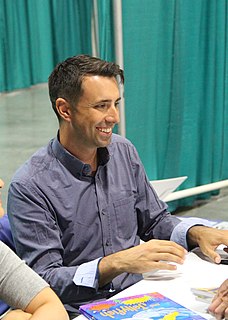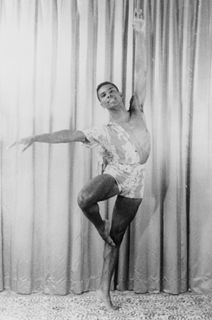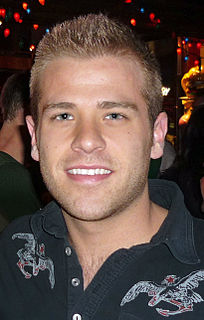A Quote by Greil Marcus
My ideal reader is somebody who trips over a copy of my book on the sidewalk; then they pick it up and read as they walk. Somebody who comes in knowing nothing, caring nothing, but responds to the story.
Related Quotes
There was a guy with mental illness in the middle of the street just yelling and hollering. I have a number that I can call - it's not 911 - to tell them, "You need to help this man get out of the street." But you have to be that person, you have to pick up the phone, you have to do it; you can't just walk by and act like they're not people. They're somebody's kid, somebody's dad, somebody's brother.
My husband, William Sutcliffe, the writer, is my first reader and in many ways my most important. That initial reading of the manuscript is crucial and irreplaceable and you want them to approach it as someone in a bookshop might, not knowing much about it. So I've got into this pattern of not telling Will anything about the book I'm working on. He often knows nothing about the book I'm working on at all until I give him the whole manuscript and ask him to read it. The book I'm working on at the moment he knows nothing about. No one does.
The best advice I can give on this is, once it's done, to put it away until you can read it with new eyes. Finish the short story, print it out, then put it in a drawer and write other things. When you're ready, pick it up and read it, as if you've never read it before. If there are things you aren't satisfied with as a reader, go in and fix them as a writer: that's revision.
You need to have a reader's sympathy in order to accomplish anything. It's like at a reading, I find it's better to read something funny than to read something tragic. It just goes over better because you have a finite amount of time with somebody. Of course, in a book, you have a lot of time. But you still do want to make a certain impression right when you begin.


































